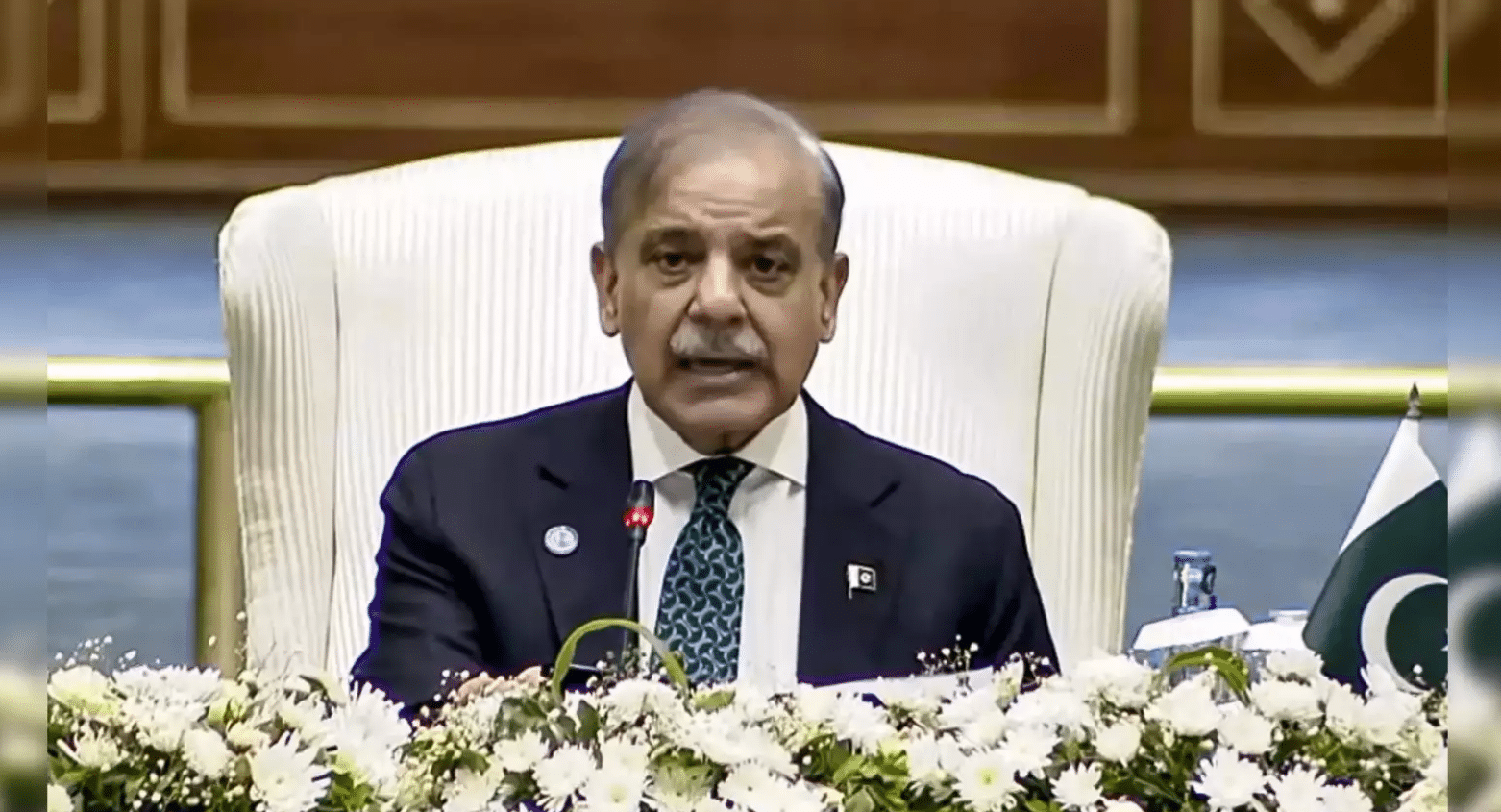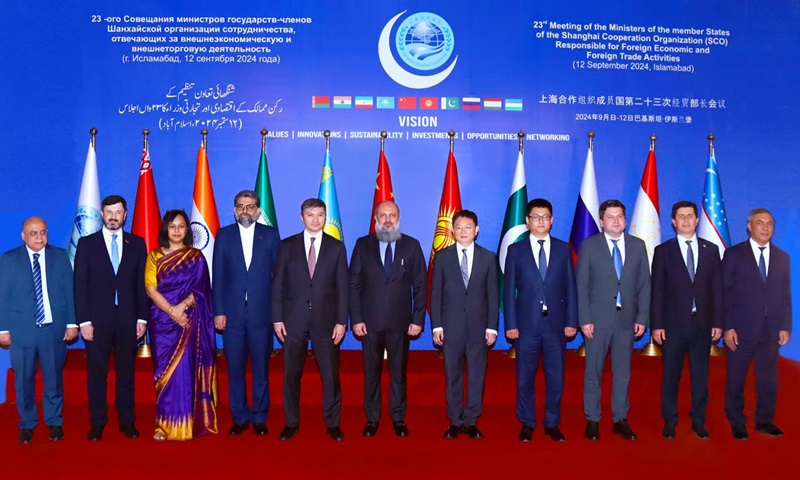In recent years, Pakistan International Airlines (PIA) has been grappling with an ongoing financial crisis that continues to affect passengers and tarnish the airline’s reputation. This article delves into the recent episode of flight cancellations caused by the unavailability of fuel, shedding light on the broader issues that have plagued PIA for some time.
PIA’s Financial Woes: A Persistent Problem
The financial woes of PIA are not a recent development. The airline has struggled with mounting debts, mismanagement, and a lack of competitiveness in the global aviation industry. These challenges have made it increasingly difficult for PIA to provide reliable services to passengers.
Sunday’s Flight Cancellations
On a fateful Sunday, PIA had to cancel 26 flights across Pakistan due to its inability to secure fuel. The Pakistan State Oil (PSO) reduced the fuel supply to PIA, causing disruptions for passengers in major cities like Karachi, Lahore, and Islamabad.
READ MORE: Thousands of Exporters Face Hurdles in Sales Tax Refund Claims
Pakistan State Oil’s Role
The reduction in fuel supply from PSO, a government-owned entity, raises questions about the relationship between PIA and the state. The dependency of PIA on a state-controlled oil company adds a layer of complexity to its operations and sustainability.
PIA’s Response
PIA’s administration is working to address the issue and expects that fuel supply will be restored promptly. The airline is also arranging alternate flights for passengers affected by the cancellations. However, local media reports have raised concerns that all flights might be suspended due to fuel shortages.
The Impact on Passengers
The passengers who were affected by these cancellations are facing significant inconveniences. Flight cancellations disrupt travel plans, causing frustration and financial losses to passengers. The reliability of PIA’s services is increasingly in question.
Fuel Crisis or Deeper Issues?
While the immediate cause of the cancellations is the fuel shortage, it’s essential to recognize that PIA’s financial problems are not solely due to fuel procurement. The airline’s underlying financial instability and debt burden have created a vulnerability to such crises.
The History of PIA’s Financial Problems
To understand the current situation better, we must consider the history of PIA’s financial problems. The airline has faced issues related to mismanagement, corruption, and a lack of modernization for years.
Government’s Role and Future Prospects
The government’s role in PIA’s affairs is crucial. PIA is a state-owned enterprise, and its performance reflects on the government’s ability to manage public resources. The future prospects of PIA depend on government policies and support.
Is Privatization the Solution?
One potential solution that has been discussed is privatizing PIA. This would involve transferring the management and ownership of the airline to the private sector. While privatization can bring efficiency and accountability, it also raises concerns about job security and pricing.
Lessons from Other Airlines
PIA can draw valuable lessons from the experiences of other international airlines that faced financial crises and successfully recovered. Adapting successful strategies from global peers could be a way forward.
The Importance of a National Carrier
Despite the challenges, a national flag carrier like PIA plays a crucial role in a country’s connectivity and global image. It’s not just a business; it’s a symbol of national pride and an important tool for diplomatic and economic relations.
Conclusion
In conclusion, the recent flight cancellations due to fuel shortages are symptomatic of deeper issues that have plagued PIA for a long time. The financial instability, mismanagement, and dependency on government entities like PSO are among the core problems. The future of PIA depends on effective government intervention, possible privatization, and learning from successful airlines. The question remains – can Pakistan’s national flag carrier regain its former glory?




